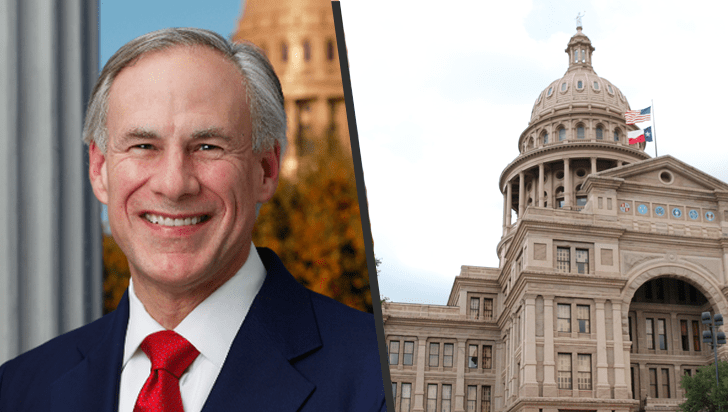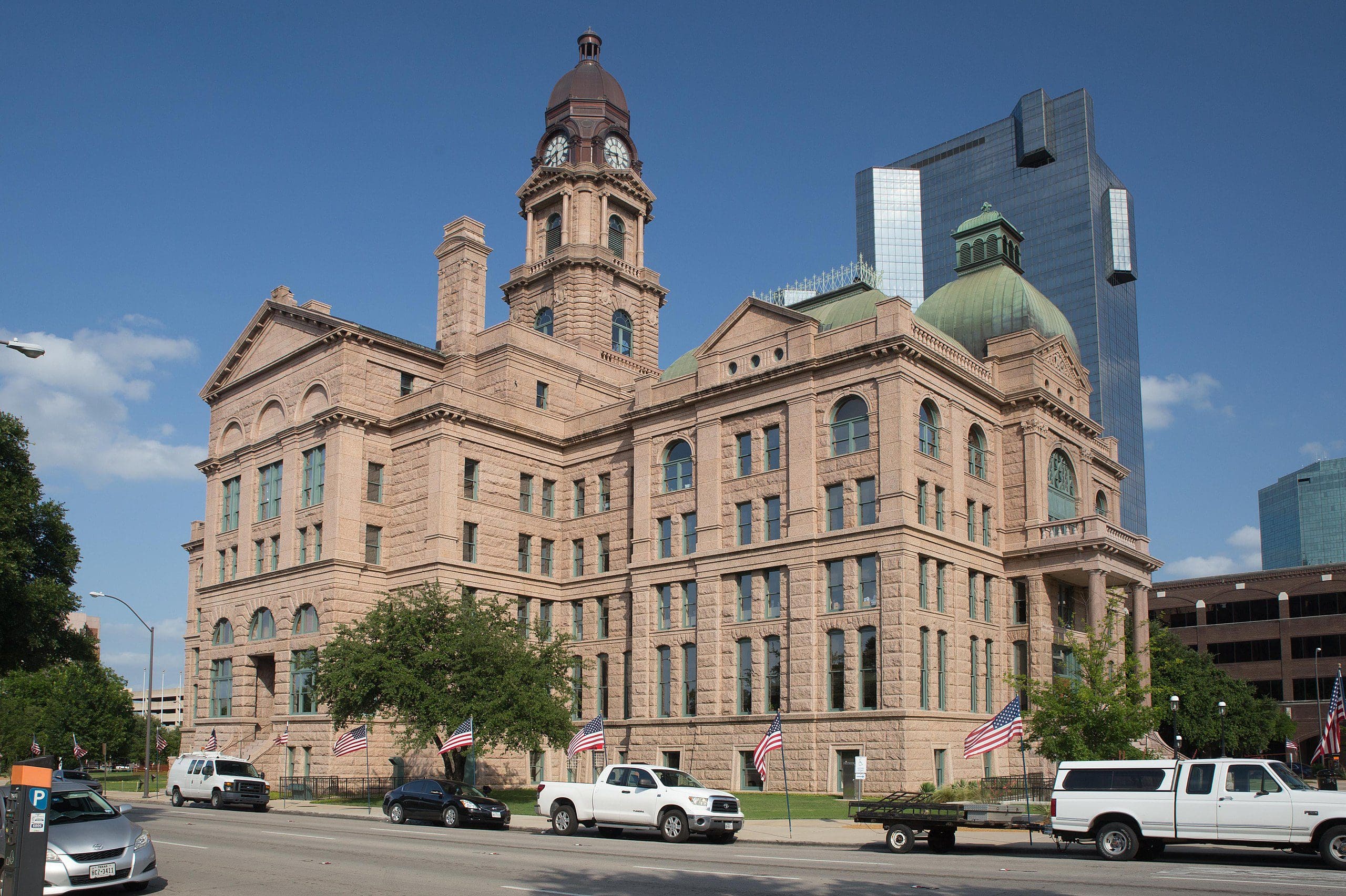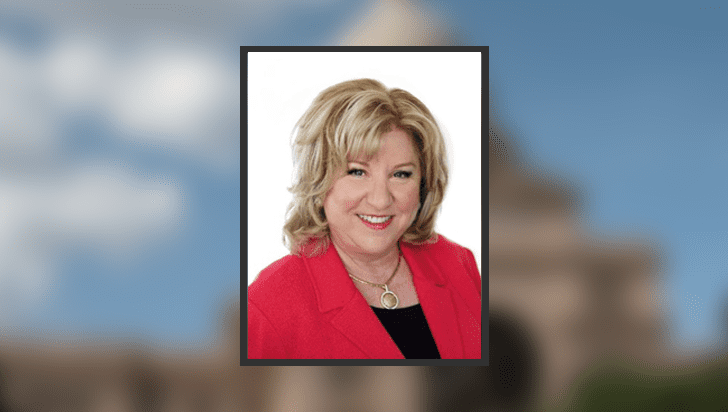Just as the first called special legislative session is approaching its conclusion (with none of the items on Gov. Greg Abbott’s agenda accomplished), Abbott announced a second special legislative session, as well as the items he expects to be considered.
With some notable additions and a glaring absence of a ban on gender modification of children, many Texans are left wondering what will change to compel current absent lawmakers to return and ultimately allow the consideration of this agenda.
Abbott’s Proclamation
The second special legislative session will begin at noon on Saturday, August 7, the day after the forced conclusion of the first called special legislative session.
“The Texas Legislature achieved a great deal during the 87th Legislative Session, and they have a responsibility to finish the work that was started,” said Abbott. “I will continue to call special session after special session to reform our broken bail system, uphold election integrity, and pass other important items that Texans demand and deserve. Passing these Special Session agenda items will chart a course towards a stronger and brighter future for the Lone Star State.”
The items on the agenda include:
- Bail Reform: Legislation reforming the bail system in Texas to protect the public from accused criminals who may be released on bail.
- Election Integrity: Legislation strengthening the integrity of elections in Texas.
- Federal Relief Appropriations: Legislation providing appropriations from unappropriated available revenues for COVID-19-related healthcare expenses, such as those listed below, taking into consideration the approximately $10.5 billion in funds received by local governments intended to be used on COVID-19 from the American Rescue Plan Act of 2021 (ARPA).
- Education: Legislation providing strategies for public-school education in prekindergarten through twelfth grade during the COVID-19 pandemic.
- Border Security: Legislation enhancing criminal laws or providing funding from unappropriated available revenues to support law-enforcement agencies, counties, and other strategies as part of Texas’ comprehensive border security plan.
- Social Media Censorship: Legislation safeguarding the freedom of speech by protecting social media and email users from being censored based on the user’s expressed viewpoints, including by providing a legal remedy for those wrongfully excluded from a platform.
- Article X Funding (Legislature): Legislation providing appropriations from unappropriated available revenues to the Legislature and legislative agencies in Article X of the General Appropriations Act.
- Family Violence Prevention: Legislation similar to Senate Bill 1109 from the 87th Legislature, Regular Session, requiring schools to provide appropriate education to middle- and high-school students about dating violence, domestic violence, and child abuse, but that recognizes the right of parents to opt their children out of the instruction.
- Youth Sports: Legislation identical to Senate Bill 29 as passed by the Texas Senate in the 87th Legislature, Regular Session, disallowing a student from competing in University Interscholastic League athletic competitions designated for the sex opposite to the student’s sex at birth.
- Abortion-Inducing Drugs: Legislation similar to Senate Bill 394 from the 87th Legislature, Regular Session, which prohibits people from providing abortion-inducing drugs by mail or delivery service, strengthens the laws applicable to the reporting of abortions and abortion complications, and ensures that no abortion-inducing drugs are provided unless there is voluntary and informed consent.
- “13th Check”: Legislation similar to House Bill 3507 from the 87th Legislature, Regular Session, relating to a “thirteenth check” or one-time supplemental payment of benefits under the Teacher Retirement System of Texas.
- Critical Race Theory: Legislation similar to House Bill 3979 concerning critical race theory as originally passed by the Texas Senate in the 87th Legislature, Regular Session.
- Appropriations: Legislation providing appropriations from unappropriated available revenues for the following purposes:
- Property tax relief
- Enhanced protection for the safety of children in Texas’ foster-care system by attracting and retaining private providers for the system
- Better safeguards for the state from potential cybersecurity threats
- Primary Elections: Legislation modifying the filing periods and related election dates, including any runoffs, for primary elections held in Texas in 2022.
- Radioactive Waste: Legislation reforming the laws governing radioactive waste to protect the safety of Texans, including by further limiting the ability to store and transport high-level radioactive materials in this state.
- Employment: Legislation shielding private employers and employees from political subdivision rules, regulations, ordinances, and other actions that require any terms of employment that exceed or conflict with federal or state law relating to any form of employment leave, hiring practices, employment benefits, or scheduling practices.
- State Legislature: Legislation relating to legislative quorum requirements.
How Did We Get Here?
As the 87th regular legislative session concluded in May, House Democrat lawmakers broke quorum after being enabled by Republican leadership to do so, walking out of the House chamber and ultimately ending the legislative prospects of two of Abbott’s emergency legislative items (election integrity and bail reform), as well as some priorities of conservative activists across the state.
In retaliation, Abbott employed his line-item veto power and withdrew funding for the Legislature, which included funding for legislative staff, legislative agencies, and their offices from the overall budget. This will take effect on September 1 for the next biennium.
Abbott announced in June that he would call a special session to begin on July 8, but he did not announce the agenda until the day before the special session was set to begin. Included on that agenda were both of his failed emergency legislative items from the regular session.
As the first called special legislative session was underway, lawmakers like State Rep. Tony Tinderholt (R–Arlington) attempted to change the rules and punish lawmakers who attempted to walk out. Ultimately, he was unsuccessful, as House Speaker Dade Phelan chose not to address his questions.
The House recessed on Friday, July 9, with the plan to convene again the following Tuesday, July 13. Bills relating to both bail reform and election integrity were in the midst of being considered by each legislative chamber’s respective committees over that weekend.
As the newly revised election integrity bills made their way through the legislative committee process, a majority of House Democrat lawmakers followed through on their threat and took advantage of a long weekend by which the House was recessed and fled Austin, many going to Washington, D.C. As the House attempted to gavel in the following Tuesday, July 13, a quorum was not present, precluding them from conducting any further legislative business for as long as their attendance remained at fewer than 100 lawmakers present. Again, Republican leadership enabled them to do so.
In contrast, the Senate, which still retained enough lawmakers present for a quorum, moved quickly to pass almost all of the bills on Abbott’s agenda, ultimately awaiting the House’s consideration—which they never received, as absent lawmakers successfully stayed away for the duration of the first special session.
Notably, no penalties have thus far been exacted on absent lawmakers, and contrary to purported warrants for arrest, none have occurred, despite some lawmakers returning to Austin and leaving again.
Absent Democrats have indicated their intent to influence both the U.S. Congress and Senate in the hopes of them providing for legislation giving more authority for the federal government to involve themselves in elections. Thus far, that has not manifested.
A Glaring Exception
Notably absent from this agenda is the protection for children from gender modification. While addressing the issue in a radio interview on July 19, Abbott indicating that the issue had no chance of passing the House of Representatives. He then previewed an announcement that would address the issue, which he said would be forthcoming later in the week.
Now two and a half weeks later, there has still been no announcement.
Despite outcry from activists all across the state and the issue being a legislative priority of the Republican Party of Texas , the issue is not slated to be considered by the Legislature for the foreseeable future. It remains unclear what Abbott was alluding to doing, if anything, outside of the Legislature’s purview.
A summary of the bills related to this issue from the 87th regular legislative session can be found here.
Notable Additions
Added to this agenda are issues like how to allocate federal COVID-19 relief funds, something originally signaled to be considered in a special session slated for October in conjunction with redistricting.
It also includes a new issue related to public education during a pandemic, like preventing a mask mandate on children, something at the top of mind of several parents as their children gear up for the fall semester of public school. Abbott had previously included in an executive order with that same provision.
The addition of altering legislative rules regarding what constitutes a quorum is notable in that the Legislature might be hard-pressed to ultimately consider that issue in the event they do not have a quorum to begin with.
But What Will Change?
As the first called special legislative session concludes with no legislative results to speak of, it is the Texas taxpayer who has been left holding the bag.
Given Republican leadership’s reluctance to exact any penalties or to follow through on empty rhetoric regarding arrests—it raises the question of whether Republicans will stay the course or offer an incentive to compel Democrats’ return in future special sessions.
Abbott has indicated on multiple occasions that he would keep calling special sessions until his agenda is considered and passed.





